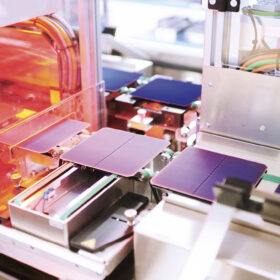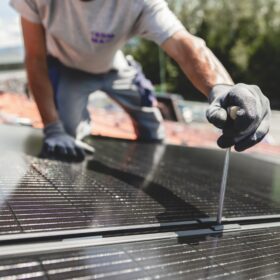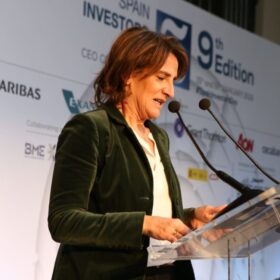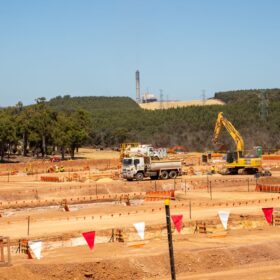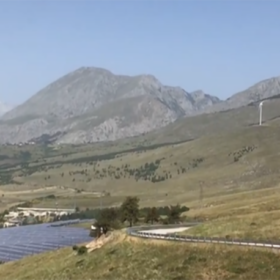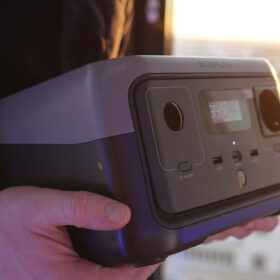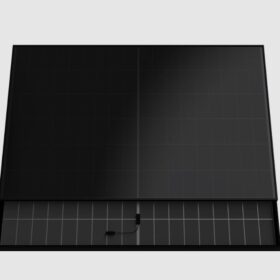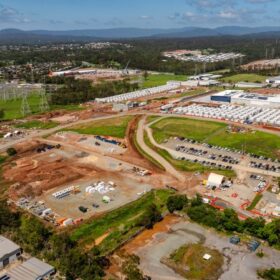European Parliament approves legal requirement to install solar on buildings
Legislation that would require EU member states to integrate solar installations into future building works, and retroactively install PV on buildings, is one step closer to becoming law, after being approved by members of the European Parliament.
Weekend Read: Predicting the solar future
The International Technology Roadmap for Photovoltaics (ITRPV) helps to predict future solar cell and module technology trends and is influential in directing research funding and technology investment. Scientists in Australia and the United Kingdom have analyzed ITRPV predictions over the past decade, highlighting the difficulties of forecasting PV trends.
1komma5° announces largest Australian acquisition yet
German solar technology developer and retailer 1komma5° has continued to strengthen its presence in the Australian market with the acquisition of Queensland-based Arkana Energy Group.
EDF to drive development of 3 GWh pumped hydro project
The Australian arm of French energy giant EDF Group has acquired and agreed to co-develop the proposed 300 MW / 3 GWh Dungowan pumped hydro energy storage project being progressed in the New South Wales New England region.
Spain announces $1.24 billion incentive scheme for clean-tech manufacturing
Spain’s government has submitted a new incentive scheme to a public consultation. It is designed to support the development of a clean-tech supply chain in the country, including the production of batteries.
Collie Battery to get slice of Neoen’s $1.1 billion finance pie
The 219 MW / 877 MWh Collie Battery Stage 1 project being constructed in Western Australia’s southwest is the first new asset to be financed through a landmark $1.1 billion deal completed by French renewables developer Neoen.
IGE partners with Axpo on Italian green hydrogen project
Western Australian renewable hydrogen company Infinite Green Energy will team with Switzerland’s largest renewable energy producer Axpo to develop a large-scale solar-powered green hydrogen project in central Italy.
Weekend Read: Mind the skills gap
Around 800,000 new workers will be required in Europe by 2025 for the battery industry alone and, more broadly, existing workers will need to be retrained as the continent’s industries transition away from fossil fuels. International competition for workers is becoming increasingly fierce. Where are these workers and the required skills supposed to come from?
Weekend Read: PV goes portable
Portable solar generators are making their way from the fringes of solar and energy storage to become a mainstream consumer item. The rise has been charged by a range of factors that have created massive brands. Where did the sector emerge from, who was buying before, who is buying now, and what’s next? Tristan Rayner reports.
AEG launches 23.3%-efficient ABC solar panel with 40-year warranty
AEG is currently offering three versions of its new ABC solar panels for rooftop applications, with power outputs of 445 W to 455 W and efficiency ratings ranging from 22.8% to 23.3%. They feature half-cut ABC cells with n-type technology.

